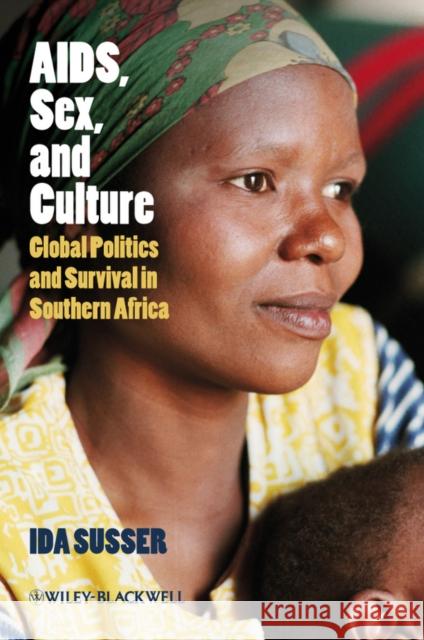AIDS, Sex, and Culture : Global Politics and Survival in Southern Africa » książka
topmenu
AIDS, Sex, and Culture : Global Politics and Survival in Southern Africa
ISBN-13: 9781405155861 / Angielski / Twarda / 2009 / 304 str.
AIDS, Sex, and Culture : Global Politics and Survival in Southern Africa
ISBN-13: 9781405155861 / Angielski / Twarda / 2009 / 304 str.
cena 440,41
(netto: 419,44 VAT: 5%)
Najniższa cena z 30 dni: 436,80
(netto: 419,44 VAT: 5%)
Najniższa cena z 30 dni: 436,80
Termin realizacji zamówienia:
ok. 30 dni roboczych
Bez gwarancji dostawy przed świętami
ok. 30 dni roboczych
Bez gwarancji dostawy przed świętami
Darmowa dostawa!
AIDS, Sex, and Culture is a revealing examination of the impact the AIDS epidemic in Africa has had on women, based on the author's own extensive ethnographic research.
- based on the author's own story growing up in South Africa
- looks at the impact of social conservatism in the US on AIDS prevention programs
- discussion of the experiences of women in areas ranging from Durban in KwaZulu Natal to rural settlements in Namibia and Botswana
- includes a chapter written by Sibongile Mkhize at the University of KwaZulu Natal who tells the story of her own family's struggle with AIDS











